
Cuts at Cardiff University will be repeated "year on year" at all universities in Wales unless fundamental reform is brought forward, a committee heard.
Wendy Larner, president and vice-chancellor of Cardiff University, appeared before the Senedd's education committee on Thursday as part of an inquiry on higher education.
She told Senedd members universities face an existential moment and the financial headwinds "continue to blow strongly".
Prof Larner said it is an enormously challenging time for the higher education sector – "not just here in Wales but in the UK and, indeed, globally".
Patrick Younge, chair of council, warned universities do not have a viable business model, with a tuition-fee freeze costing Cardiff £24m more than its competitors from 2017 to 2024.
'Last resort'
He said: "If you don't address the fundamentals, all of the Welsh universities will be going through this year on year on year because income is not rising and expense inevitably rises."
Prof Larner said January's "academic futures" document – which initially included a target to cut 400 jobs – was the beginning of a genuine consultation.
The vice-chancellor confirmed the final plan includes retaining nursing, music and modern languages albeit with smaller cohorts and new models.
She said: "Unfortunately, having considered the case carefully, we plan to cease degrees in ancient history, religion and theology. These are not decisions we have taken lightly."
She told the committee the initial target was scaled back to 220, with 151 academic staff leaving voluntarily: "This leaves a final reduction of 69 full-time equivalents...by 2029/30. Compulsory redundancies are always a last resort."
'Damage'
Cefin Campbell, Plaid Cymru's shadow education secretary, questioned the wisdom in proposing changes only to backtrack, "with resulting damage to staff morale".
He said: "The trust and reputational damage done to the university – not only here in Cardiff and Wales but internationally – so, was it wise on reflection?"
Prof Larner reiterated the university was clear it was a consultation, with major changes following genuine engagement, but she recognised the scale of the cuts came as a shock
The academic added: "The reputational implication of this – we know there has been very extensive discussion in Wales, rightly."
She pointed to the latest Complete University Guide in which Cardiff climbed five places.
'Salami-sliced'
Mr Younge was at the university when it went bust in 1987. "We don't have a God-given right to exist," he said. "We have to live within our means and this has been a difficult exercise."
The former television executive stressed that other Russell Group universities are facing similar funding shortfalls, with final plans set to go before the council next week.
Mr Campbell, a former lecturer, asked what backtracking on so many of the original proposals means for the financial position of the university.
Prof Larner said staff changes to date will save about £20m a year, against a £31m deficit last year, suggesting more changes are on the horizon.
"There is still work to be done," she cautioned. "But we now have clarity about our academic direction of travel – it was really important to us that that came first. Other universities have just salami-sliced, that is not strategic."
'£100m on standby'
The social scientist said work to restructure professional staff, and student services, has already begun but it will be more incremental than academic changes.
Mr Younge pointed out decisions taken today to cut costs form part of a four-year process "because we have to, rightly, teach out all of those people on our courses".
Asked about the university's reserves, he said: "We are in the fortunate position that we have reserves. I would put them into two groups: we have about £140m of reserves built up over the last 130 years: we try to keep £100m of that on standby."
"We have £41m beyond that, we also have obviously our endowments and we have a small amount of money that we're investing in ongoing repairs and maintenance projects."
Mr Younge said the university has used reserves to cover deficits in the past two years and he expects to use about 45% of total historic reserves by the end of the restructuring.
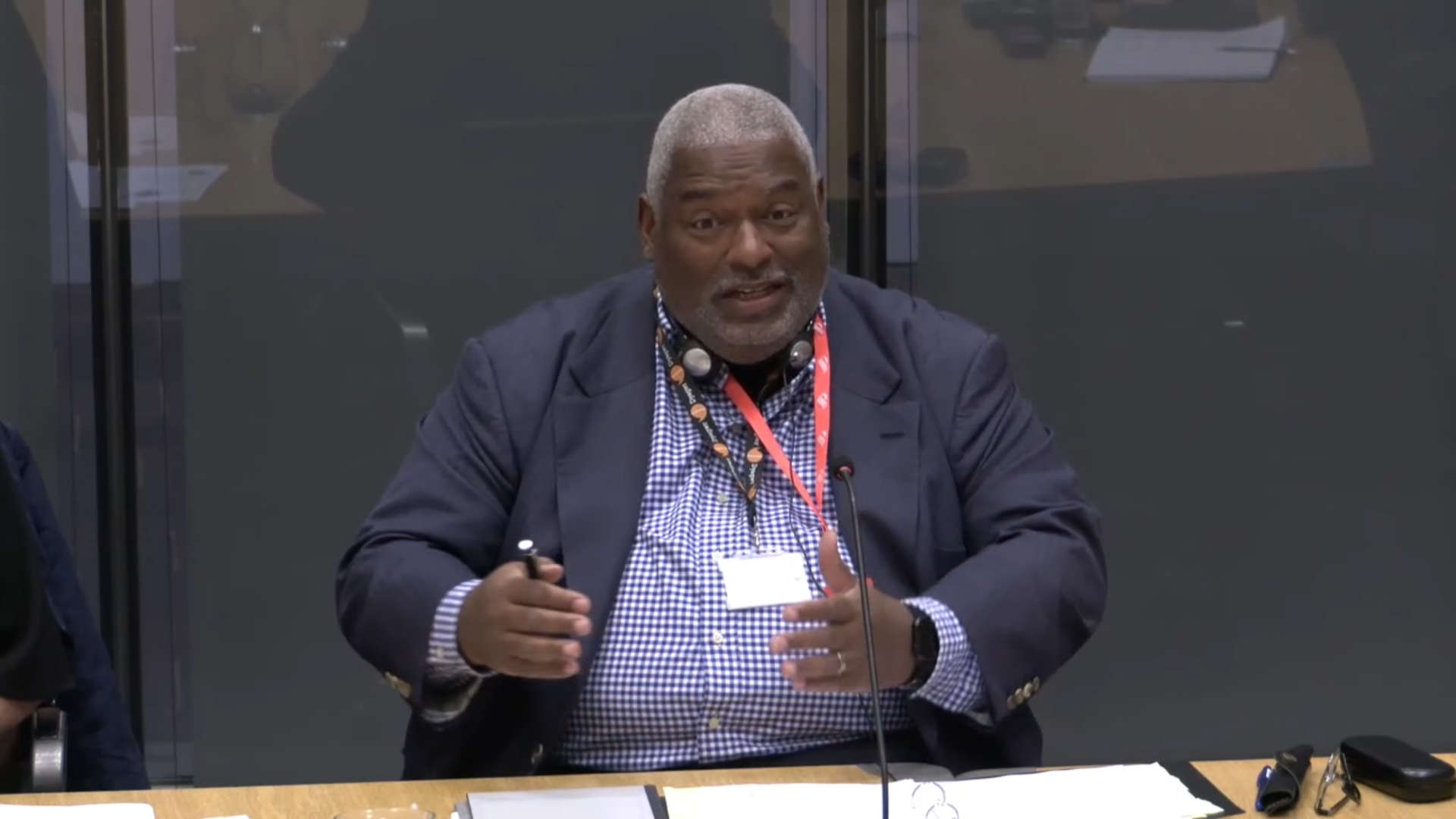
'Fixated'
He told the committee the university has a separate pot of money after raising £400m through a bond at 3% interest in 2017, with about £160m spent on buildings.
Mr Younge confirmed the university still has about £140m but the council has decided the bond money is not to be spent on covering day-to-day deficits.
Accusing trade unions of being "fixated" on the £140m, he stressed: "That money is to invest in the future of the university. We're very lucky to have it and we need to spend it wisely."
Mr Younge claimed the university needs to spend as much as £400m on halls of residence because it is the number one reason students give for not coming to Cardiff.
He also raised a £100m maintenance backlog, with staff working in "appalling conditions".
'Blindsided'
Natasha Asghar, the Tory shadow education secretary, pressed the witnesses about the university's plans to open a new campus in Kazakhstan while making cuts at home. Prof Larner replied: "Transnational education is part of the future for UK universities."
On staff welfare, Prof Larner said: "We have seen...a little change in stress-related data. As is always the case, the majority of that...refers to personal not workplace stress."
"But I absolutely understand the challenge here....I take the well-being of our staff very seriously: this is not easy, change is really difficult."
She criticised the University and College Union for "blindsiding" the university by going to the press with concerns about a "total health and safety crisis".
Mr Younge said the university was informed of a Health and Safety Executive complaint after a press release was issued, telling the committee: "I'm deeply disappointed."



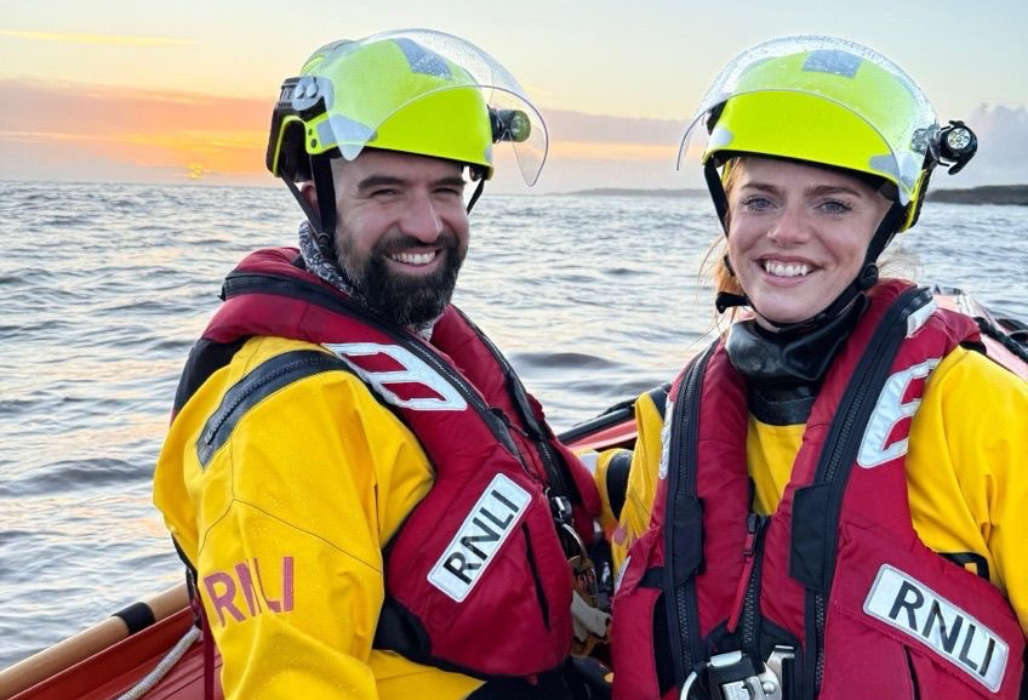 Swapping date night for drysuits at Barry Dock RNLI
Swapping date night for drysuits at Barry Dock RNLI
 13,900 French Rugby Fans fly into Cardiff Airport ahead of Six Nations Fixture
13,900 French Rugby Fans fly into Cardiff Airport ahead of Six Nations Fixture
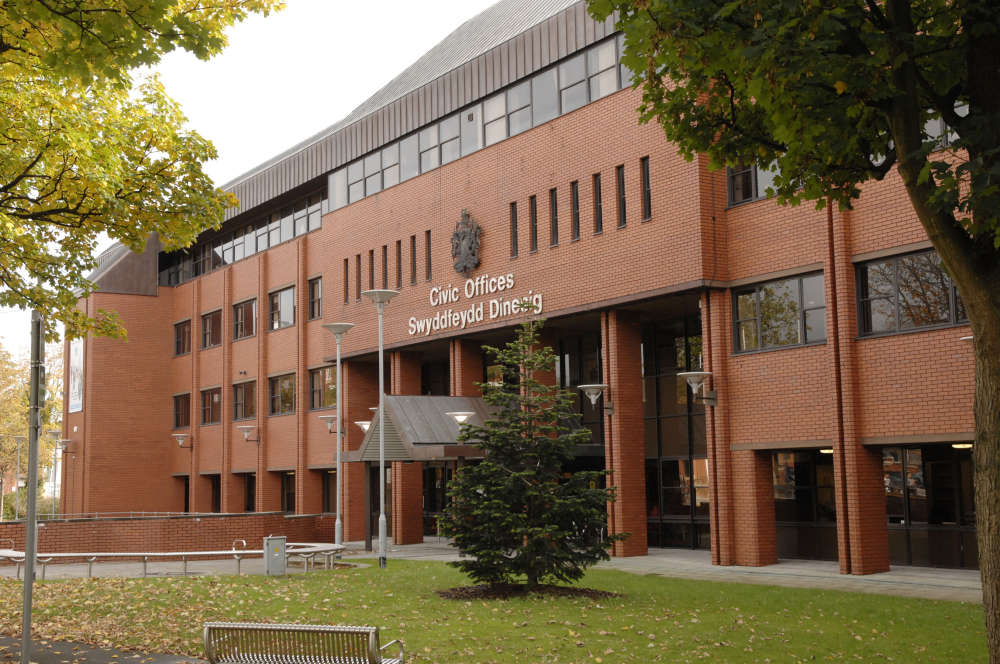 Vale Councillor blasts school funding in the county
Vale Councillor blasts school funding in the county
 Bear Field Skate Park set for major upgrade as part of new Placemaking Plans
Bear Field Skate Park set for major upgrade as part of new Placemaking Plans
 New apprenticeship courses in construction to be introduced in Wales
New apprenticeship courses in construction to be introduced in Wales
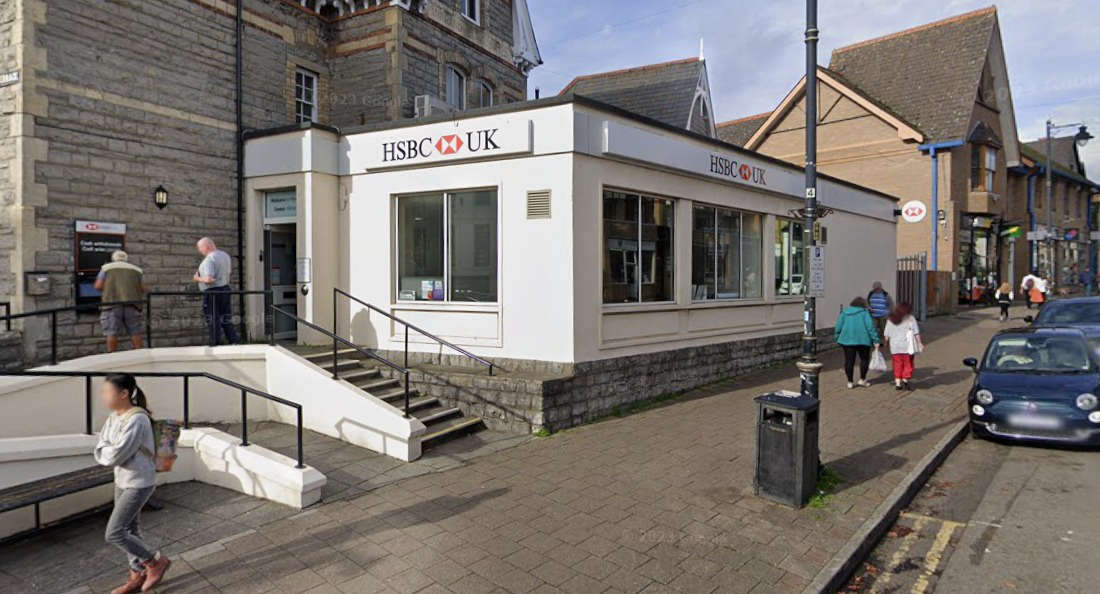 Former Penarth Bank could become a cafe
Former Penarth Bank could become a cafe
 New poll shows majority of Welsh voters lack voting confidence ahead of Senedd Election
New poll shows majority of Welsh voters lack voting confidence ahead of Senedd Election
 Construction hub secured for rail upgrades
Construction hub secured for rail upgrades
 Prolific thief banned from Holton Road
Prolific thief banned from Holton Road
 Cowbridge: plans for more holiday lodges
Cowbridge: plans for more holiday lodges
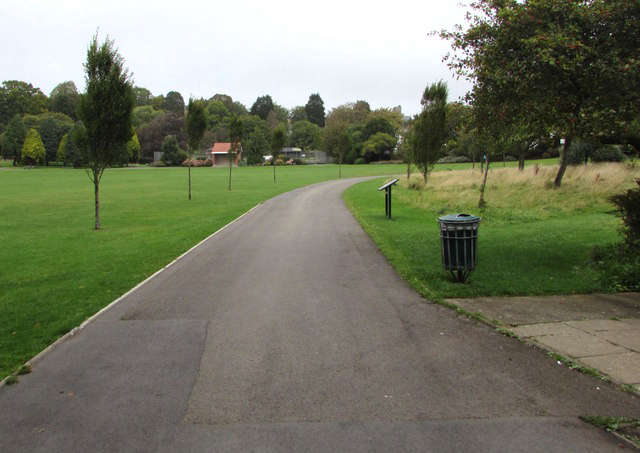 Man dies suddenly in Romilly Park
Man dies suddenly in Romilly Park
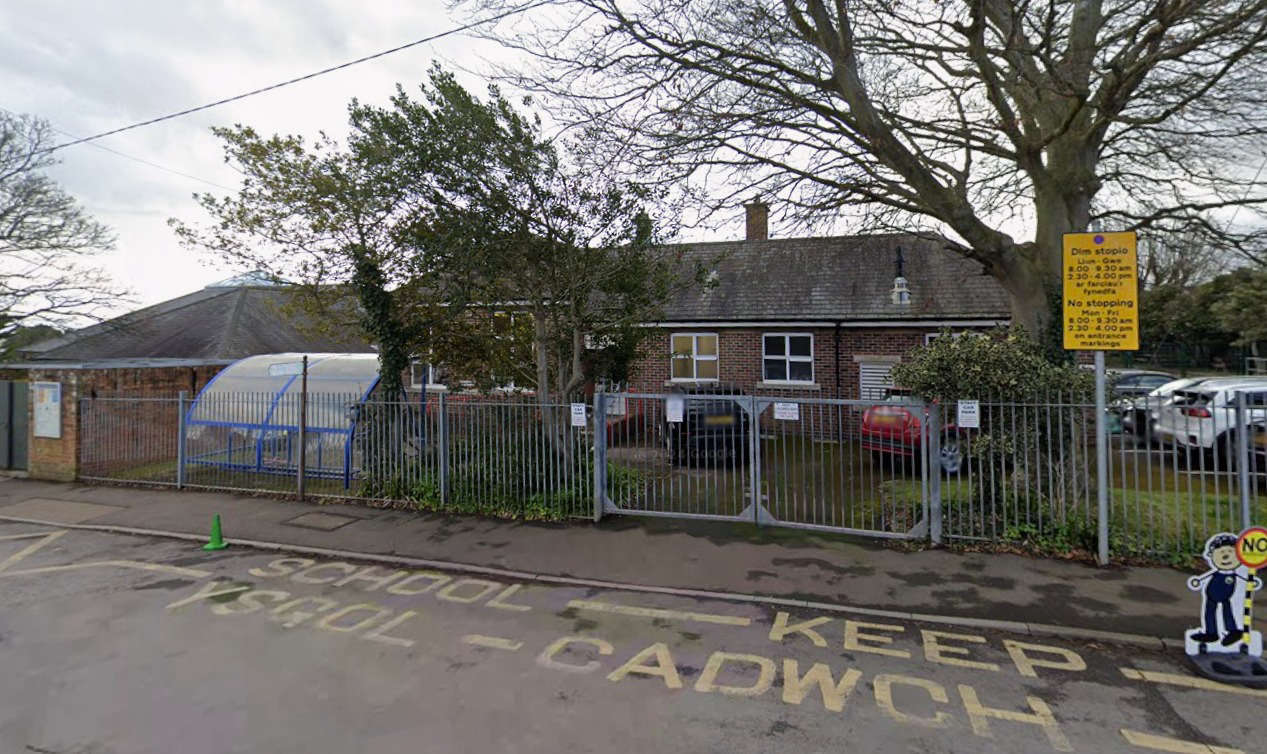 Cash boost for Sully Primary School
Cash boost for Sully Primary School
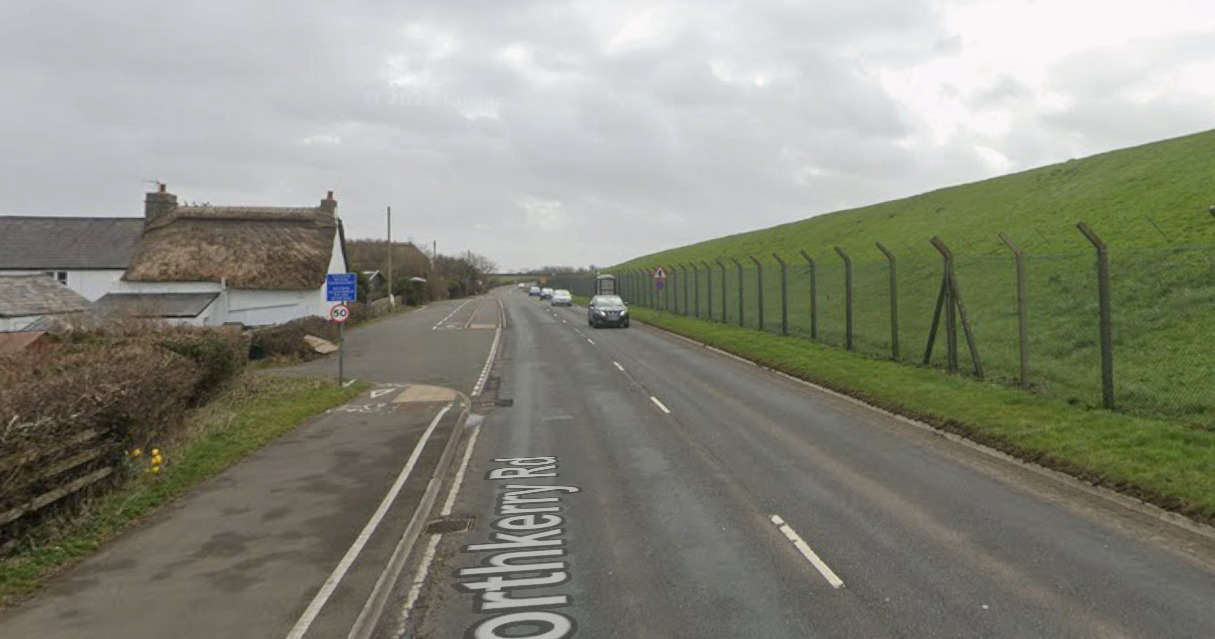 Speed limits reduced despite objections
Speed limits reduced despite objections
 Concern over imported chicken in school meals
Concern over imported chicken in school meals
 A48 closed after three-vehicle collision
A48 closed after three-vehicle collision
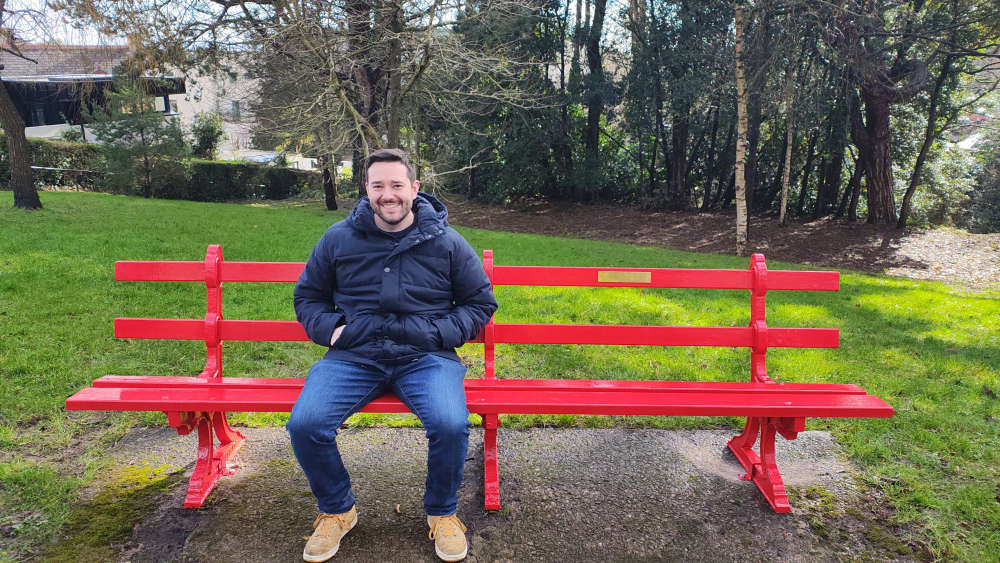 Rhys unveils red bench 'in living memory'
Rhys unveils red bench 'in living memory'
 Barry: plans lodged for 70-home development
Barry: plans lodged for 70-home development






